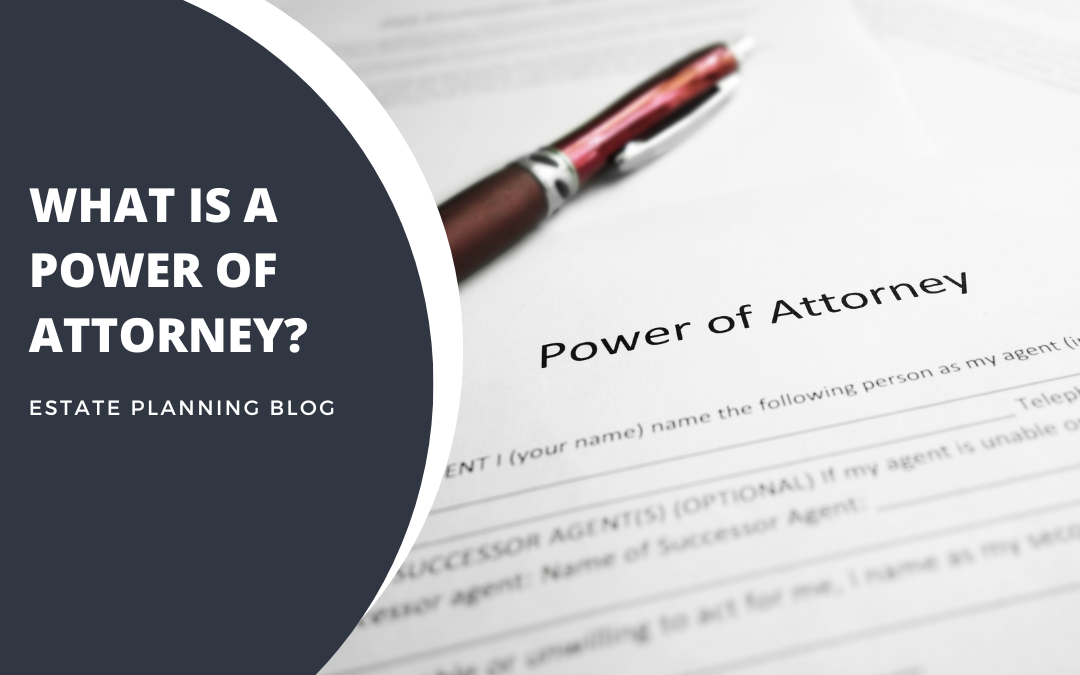There are three types of Power of Attorneys (POA) that you need to consider: Financial Power of Attorney, Medical Power of Attorney, and Durable Power of Attorney.
Financial Power of Attorney
A financial power of attorney lets you appoint a person to manage your finances. This person could be a financial professional that acts on your behalf, or a trusted friend or family member designated to handle your monetary affairs when you’re no longer physically or mentally capable.
Typically, your POA will be in charge of paying your bills or handling other real estate or financial matters.
Note that a financial power of attorney can be assigned for single, one-off incidents if the person designating the POA is unable to attend in person. For example, let’s say you’re closing on a house in a different state and you can’t make it to the closing in person. You could designate a POA to sign the paperwork on your behalf for that occasion only.
Medical Power of Attorney
A medical power of attorney, a.k.a. a healthcare proxy, is someone that has been designated to make medical decisions on your behalf in the event you become incapacitated.
While you can appoint one person to act as both your financial and medical power attorney, it is a best practice to appoint different people for each role.
You’ll also want to pay attention to specific rules and regulations in your state around who can and cannot be appointed as your medical power attorney. For instance, in many states, a residential health care provider or nursing home employee cannot be appointed as your medical power of attorney. This is to protect you from potential conflicts of interest.
Similar to a financial power of attorney, you may only need a medical POA on a short-term basis. For instance, let’s say you have a complicated surgery scheduled. You might appoint a power of attorney while you’re undergoing the surgery in case of complications.
Durable Power of Attorney
A regular power of attorney arrangement expires if the person becomes mentally incapacitated. Durable POAs remain in effect if this happens.
A durable POA can apply to financial or medical matters, and is used to plan for declining health or cognitive capacity, emergencies, or other situations where the person can no longer make decisions for themselves.


